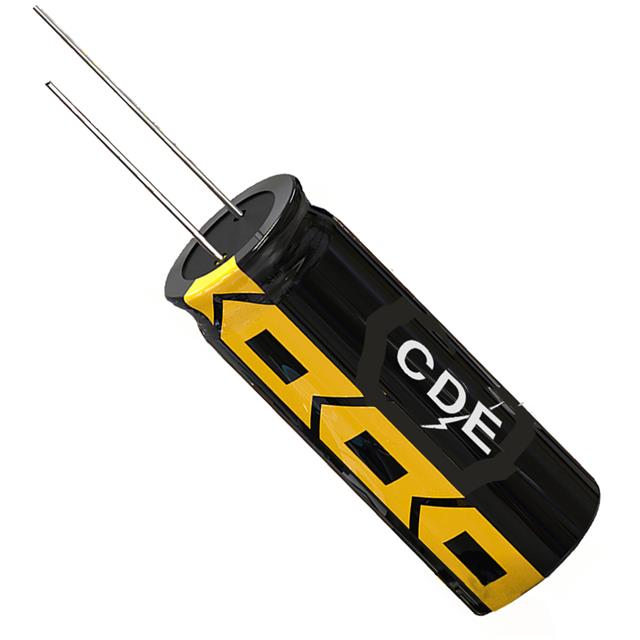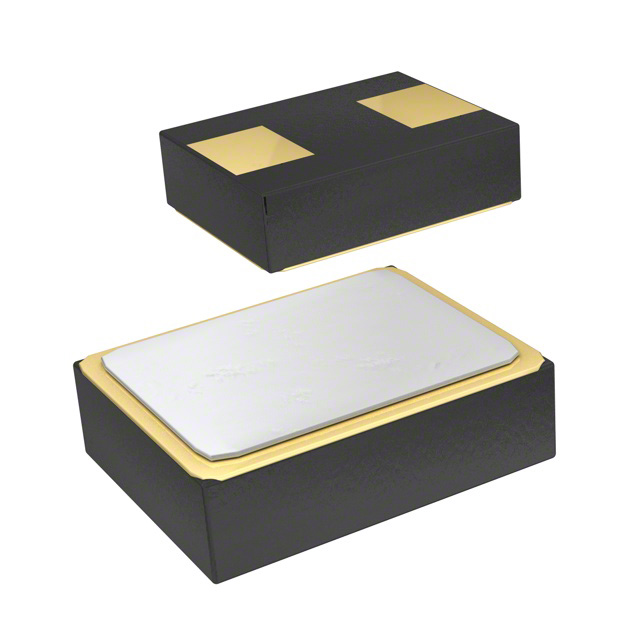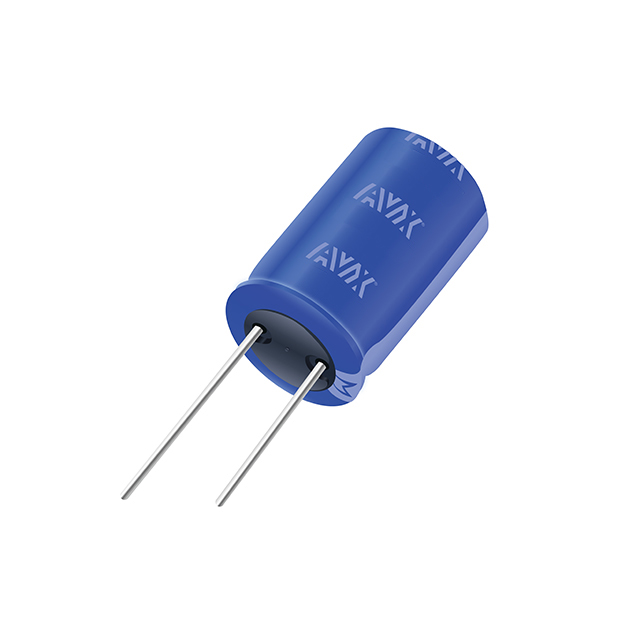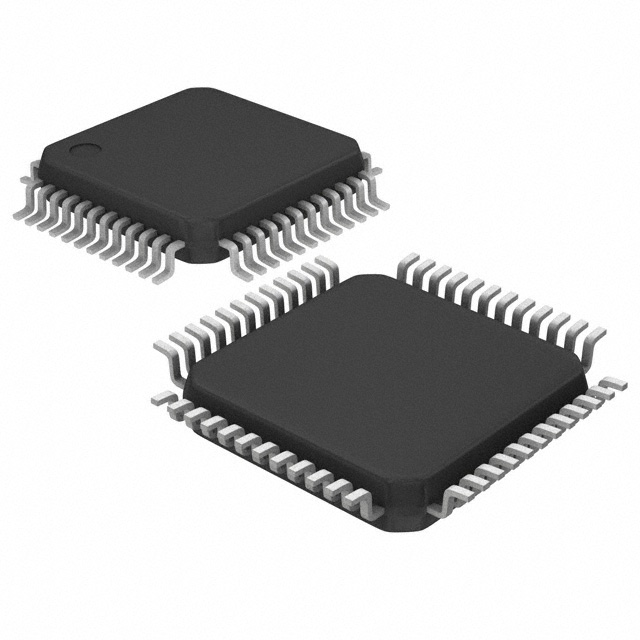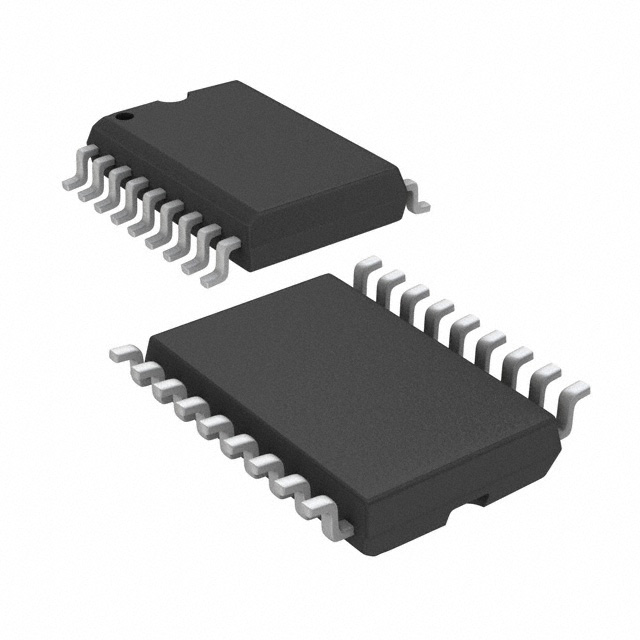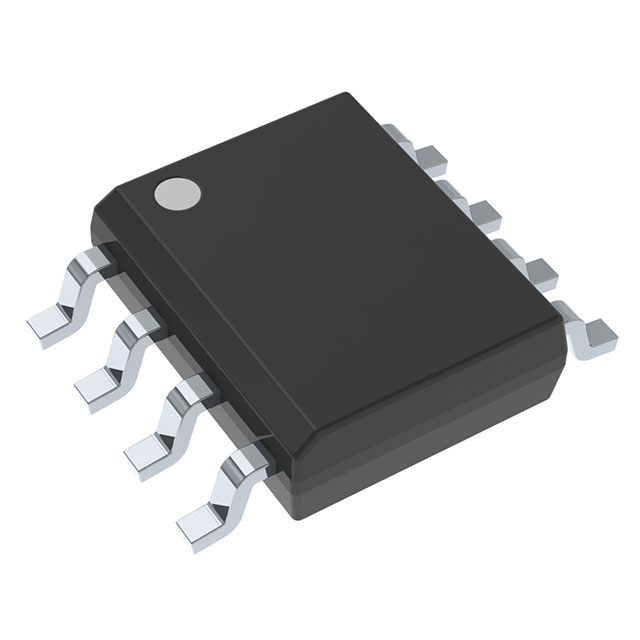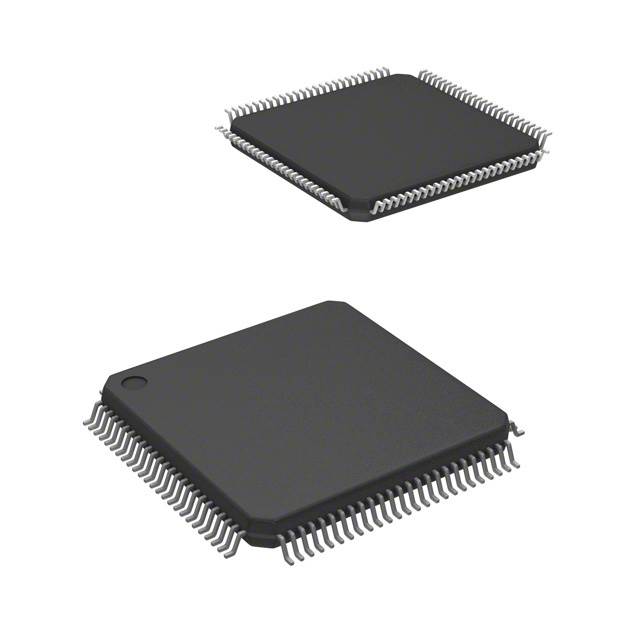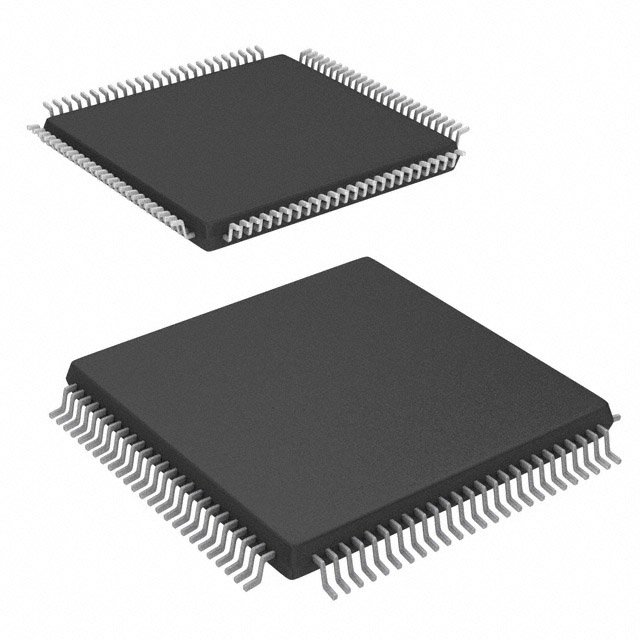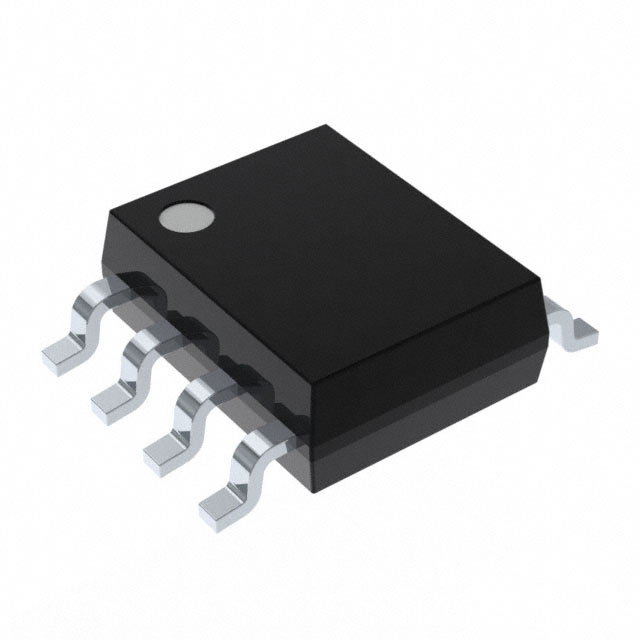

Air Conditioner Capacitors: Everything You Need to Know (2025)
Catalog
What is an Air Conditioner Capacitor?What Does an AC Capacitor Do?Importance of Air Conditioner CapacitorsDiagnosing a Faulty AC CapacitorWrapping Up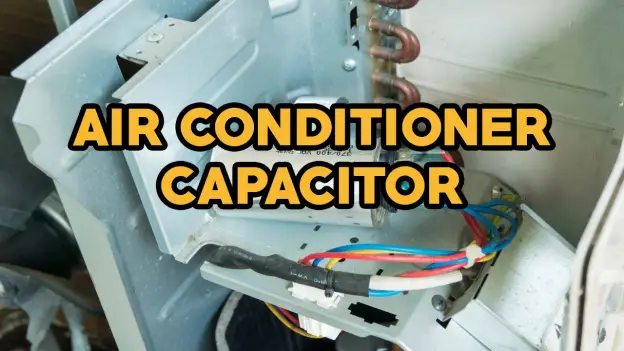
Air Conditioner Capacitor Explained
A capacitor is a vital component of your air conditioner that plays a major role in ensuring reliable cooling. Compressor, fan motor, and blower start with an initial surge of electricity. Air conditioners are unable to start or run efficiently without a functioning capacitor. From their working principles and types to common issues and replacement tips, this comprehensive guide will teach you everything you need to know about air conditioner capacitors. Maintaining your air conditioning system's performance and longevity can be accomplished by understanding how its components work.
What is an Air Conditioner Capacitor?
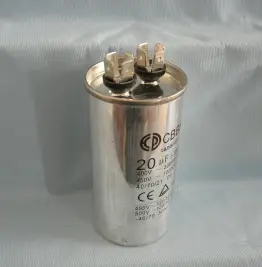
What is an Air Conditioner Capacitor?
Various motors in any air conditioning system are powered by electrical energy stored in capacitors. The compressor, fan, and blower motors in AC units are usually started with the help of capacitors. It would be impossible for these motors to initiate or maintain operation without a properly functioning capacitor, resulting in problems like the air conditioner failing to start. Each type of capacitor plays a specific role in ensuring smooth operation, such as start capacitors and run capacitors.
As an electrical charge accumulates in the capacitor, it is released in controlled bursts when required. Start capacitors boost the motor's speed to get it running quickly, while run capacitors keep the motor running efficiently by providing constant electricity flow. Whether they are worn out, overheated, or damaged by electrical surges, air conditioner capacitors can become degraded over time. Humming noises, intermittent operation, or trouble starting are all signs that the AC unit needs to be replaced when this occurs.
What Does an AC Capacitor Do?
By supplying the motors of an air conditioning system with electrical energy, AC capacitors play a crucial role in its operation. A compressor, fan, and blower motor run efficiently when electrical charge is stored and delivered in bursts. To overcome inertia, the motors of an air conditioner require a substantial charge of electricity to begin operation. In order for the motors to start quickly and reliably, the capacitor supplies an initial surge of power.
An AC capacitor helps keep motors running smoothly by regulating the flow of electricity. A run capacitor continuously charges the motor throughout the cooling cycle in systems with run capacitors. Motors may not start or run correctly without a properly functioning capacitor, which can lead to poor performance. By preventing potential breakdowns and energy consumption, the AC capacitor ensures smooth and efficient operation of the air conditioning system.
Importance of Air Conditioner Capacitors
Air conditioner capacitors play a critical role in ensuring that the whole cooling system runs smoothly and efficiently. Capacitors help air conditioner motors, such as the compressor, fan, and blower, function properly. Without capacitors, these motors would malfunction, which could cause the system to fail. Air conditioners run efficiently and reliably because of capacitors, which store and release electrical energy. Air conditioner capacitors play a critical role in keeping your air conditioner running smoothly:
Starting the AC System
It takes a lot of power to start an air conditioner motor, especially the compressor motor. It is the capacitor that provides the motor with this necessary energy jolt to overcome inertia and start the engine. Motors require the extra energy to initiate movement, which is provided by start capacitors. Start capacitor problems can lead to operational delays or even complete system failures if the air conditioner is unable to start.
Ensuring Efficient Operation
During the cooling process, capacitors not only start motors, but also make sure those motors run efficiently. Run capacitors maintain a consistent voltage level to keep motors running smoothly by regulating the electrical current supplied to them. Constant energy supply allows the air conditioner to perform at its best, reducing strain on its components and increasing its efficiency. Motors can wear out and become inefficient due to an inefficient or failing capacitor.
Reducing Energy Consumption
Having a properly working capacitor helps an air conditioning system use energy more efficiently. The capacitor keeps systems from drawing excessive current, which can increase energy bills, by delivering just the right amount of energy for operation. In addition to ensuring a lower power consumption and a more eco-friendly operation, a well-maintained capacitor prevents overloading of the electrical system. A degraded capacitor can increase the AC's energy consumption and operating costs as it has to work harder.
Preventing Motor Damage
Besides preventing motor damage, capacitors also provide a protective function. Without a capacitor, motors can overheat or overstrain, which can cause premature wear or even failure. Without a capacitor, a motor can struggle to start or run. The capacitor extends the life of the AC's motors and other components by providing the right amount of energy at the right time. Symptoms of capacitor failure include humming, intermittent motor operation, or complete cessation of operation.
Contributing to Overall System Reliability
AC systems are highly reliable when their capacitors are functioning properly. It is more likely for a system to run smoothly when capacitors are in good condition, resulting in fewer breakdowns or performance issues. The AC unit is more reliable and durable if it is maintained regularly and capacitors are replaced on time. When a capacitor fails, the system will perform erratically, wear more rapidly, and need expensive repairs.
Diagnosing a Faulty AC Capacitor
It is imperative to diagnose a faulty AC capacitor in order to maintain your air conditioning system's efficiency and reliability. In addition to poor cooling performance and increased energy consumption, a malfunctioning capacitor can even cause the system to fail. Identifying a faulty AC capacitor is as simple as following these steps:
Visual Inspection
Make sure the capacitor is visually inspected thoroughly. If the terminals are bulging, leaking fluid, or corroded, there could be physical damage. An intact, smooth casing indicates a healthy capacitor. Bulging or discoloration can indicate a failed or failing capacitor if you notice them.
Listen for Unusual Noises
Listen to any unusual sounds coming from your air conditioner. The compressor or fan motor may buzz or hum after a faulty capacitor has been installed. There may be a problem with the capacitor if you hear this sound. When the system tries to start repeatedly, clicks may be heard as well.
Check for Tripped Breakers
The circuit breaker panel should be checked for any tripped breakers if your air conditioner isn't working. Tripped breakers are caused by a faulty capacitor drawing too much current. Check whether the AC unit starts after resetting the breaker. A capacitor issue could be the cause of the trip if it happens again.
Measure Capacitance with a Multimeter
The capacitance of a capacitor can be measured using a multimeter to determine whether it is faulty. The following steps should be followed:
- Power Down: Electric shock can be avoided by turning off the power to the AC unit.
- Discharge the Capacitor: Use a resistor or a capacitor discharge tool to discharge the capacitor before handling to prevent potential injuries.
- Disconnect the Capacitor: Be sure to take note of the wiring connections when removing the capacitor from the circuit.
- Set Multimeter: Capacitance measurement mode should be selected on your multimeter.
- Measure Capacitance: The capacitor terminals should be connected to the multimeter. Read the capacitor's label closely to determine if the reading is close to the rated capacitance. An excessively low reading (usually within 10% tolerance) suggests a faulty capacitor.
Evaluate the Starting Performance
- It may also indicate a faulty capacitor if the air conditioner doesn't start or doesn't run at all. You can observe the behavior by turning on the system:
- Capacitors may be malfunctioning if their starting is slow or they make humming noises.
- A capacitor that is not providing adequate support during operation may be to blame if the AC unit frequently shuts down unexpectedly.
Buy a New One
Unless you are comfortable performing electrical checks or if the above steps do not reveal whether the capacitor is faulty, it's best to replace it. So for this if you don't know where to get a new capacitor which will give you al ong last life, then odt worry about it. Justcheck out the JMCHip website and find your favorite capacitor at a lower price!
Wrapping Up
A capacitor is an essential component of an HVAC system that plays a crucial role in ensuring that the system works efficiently. As a result, your air conditioning unit operates at its best due to the power provided by these components. In addition to enhancing the performance of the system, a properly maintained capacitor reduces operational costs and improves energy efficiency. Maintaining a comfortable indoor environment and extending the lifespan of your air conditioning system is possible when you recognize the signs of potential failure and address issues promptly. Keeping your cooling system in good working condition all year round requires regular inspections and timely replacements.
Subscribe to JMBom Electronics !



